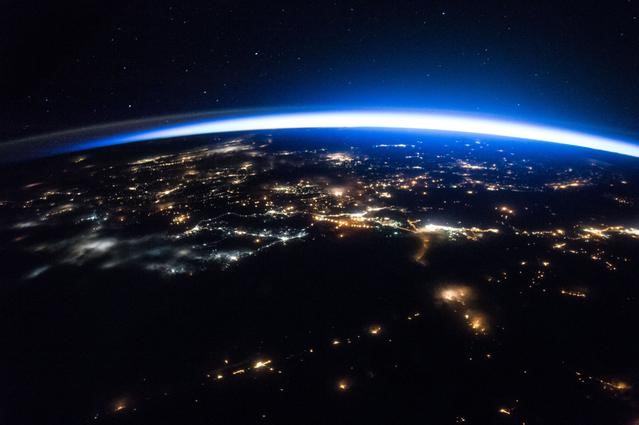Humanising Space at Leicester

In 2017, The European Space Agency wrote: ‘There is more to space that rocket science. Artists, musicians, historians, diplomats, economists, law students, political scientists and sociologists have all contributed to our understanding of the space age and its impact on our societies over the past decades’. The entry of more countries and companies into outer space has brought to our attention the urgent need for scholarship on the human dimensions of space.
LIAS supports researchers who are exploring ancient understandings of the planets; oral histories of space research; the geopolitical, military, legal and policy dimensions of space; diversity and inclusion in space research; ‘space junk’ (defunct satellites and rocket bodies, tracking stations and construction sites); and the use of satellites to support archaeological surveys. Cultural work on literature, film, the visual arts, and media has the potential to alter our social and political understanding of space; anthropologists can study the ‘micro-societies’ created by astronauts to generate knowledge of sociability in space travel; international relations scholars examine the use of space technologies in security and foreign policies; law, economics, and politics tackle thorny issues of equitable sharing of the benefits and profits deriving from space activities; and geographers, physicists and arts practitioners collaborate to produce new creative commissions for enhancing public understanding and communication.
How, Leicester researchers ask, might new perspectives on 70 years of our shared Global Space Age impact approaches to the production and governance of Space technologies now? What can sociologists bring to our understanding of space inequalities? Can we produce quantitative models for benefit sharing? What is the impact of space technologies on international security? Can educationalists and media practitioners learn more about planetary instruments (for example) to underpin better space communications?
Posing and answering such questions allows us to pioneer work that humanises our understandings of space.
Space Seminars
- 25 October, 14.00-15.00 – Ralph Dinsley
- 23 November, 17.00-18.00 – Henrietta O’Connor
Our sessions are held in person and online, for more information on our seminars, or to book your FREE ticket visit www.tickettailor.com/events/cssahevents
Coming up in 2024
- Ministry of Defence
- Governing the Moon, panel session
- Janet De Vigne, University of Edinburgh
- Craig Brown, Space Agency
- Ellen Stofan, The Smithsonian – Formerly Chief Scientist at NASA
And many more to come!
Academic Leads
Project members
- School of Archaeology and Ancient History: Prof. Huw Barton, Dr Marianne Hem Eriksen, Dr Kevin Kay.
- School of Arts: Dr Lin Feng, Dr Ben Parsons, Dr Kate Loveman, Dr Zalfa Feghali, Prof. Phil Shaw, Dr Harry Whitehead, Dr Jonathan Taylor, Dr David Christopher.
- School of Business: Prof. Ana Cristina Costa, Dr William Darler, Prof. James Fitchett, Dr Rachel English.
- School of History, Politics and International Relations: Prof. Andrew Futter, Dr Sally Horrocks, Dr Cameron Hunter, Dr Jan Vandeburie.
- Leicester Law School: Dr Sarah Fox, Prof. Kimberley Brayson, Dr Loveday Hodson, Dr Inesa Kostenko
- School of Media, Communication and Sociology: Prof. John Goodwin, Dr Vincent Campbell.
- School of Museum Studies: Prof. Tilly Blyth, Prof. Ross Parry.
- School of Physics and Astronomy: Prof. Mark Sims, Prof. Martin Barstow, Dr Suzie Imber, Dr Jennifer Carter.